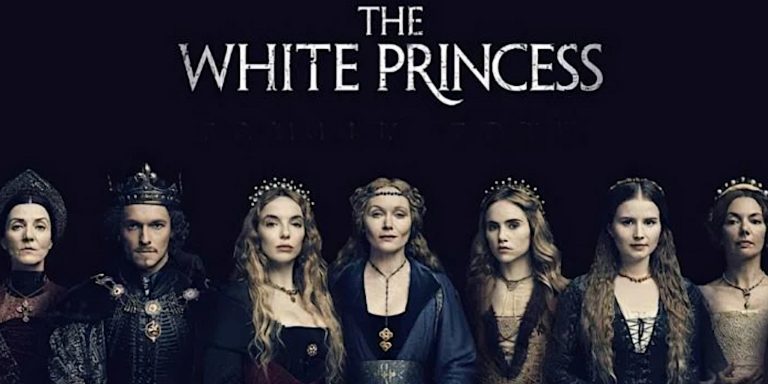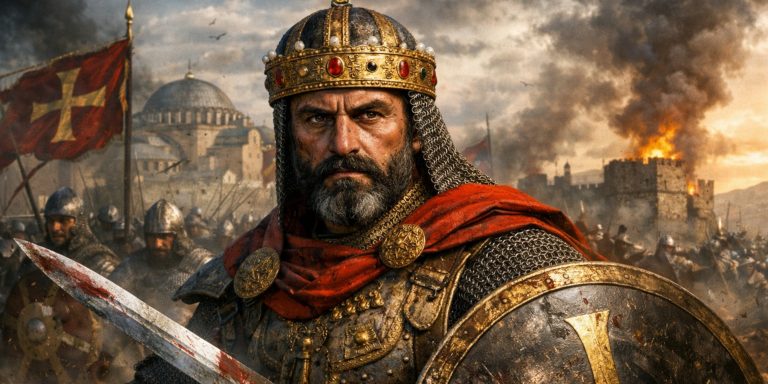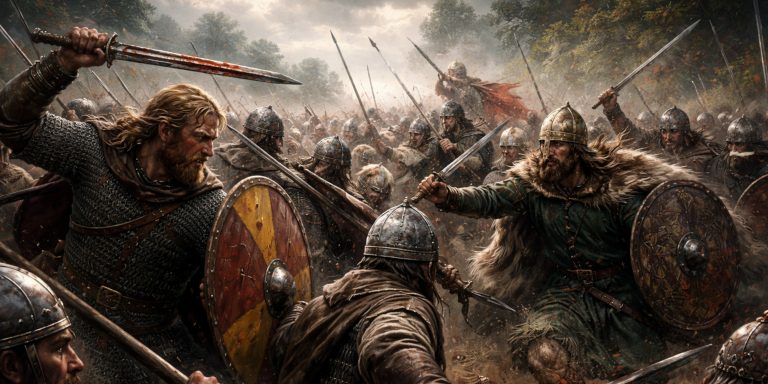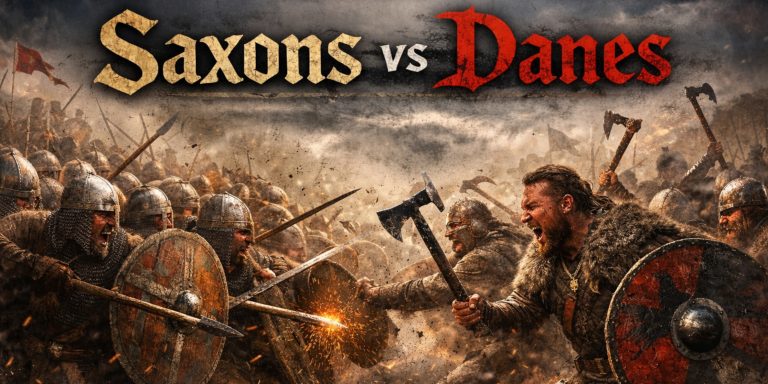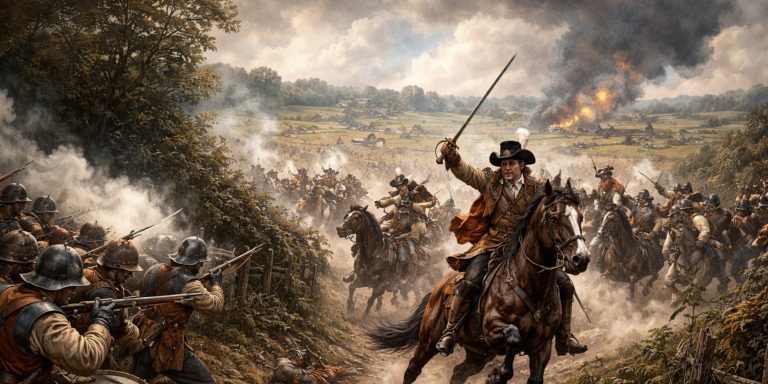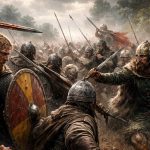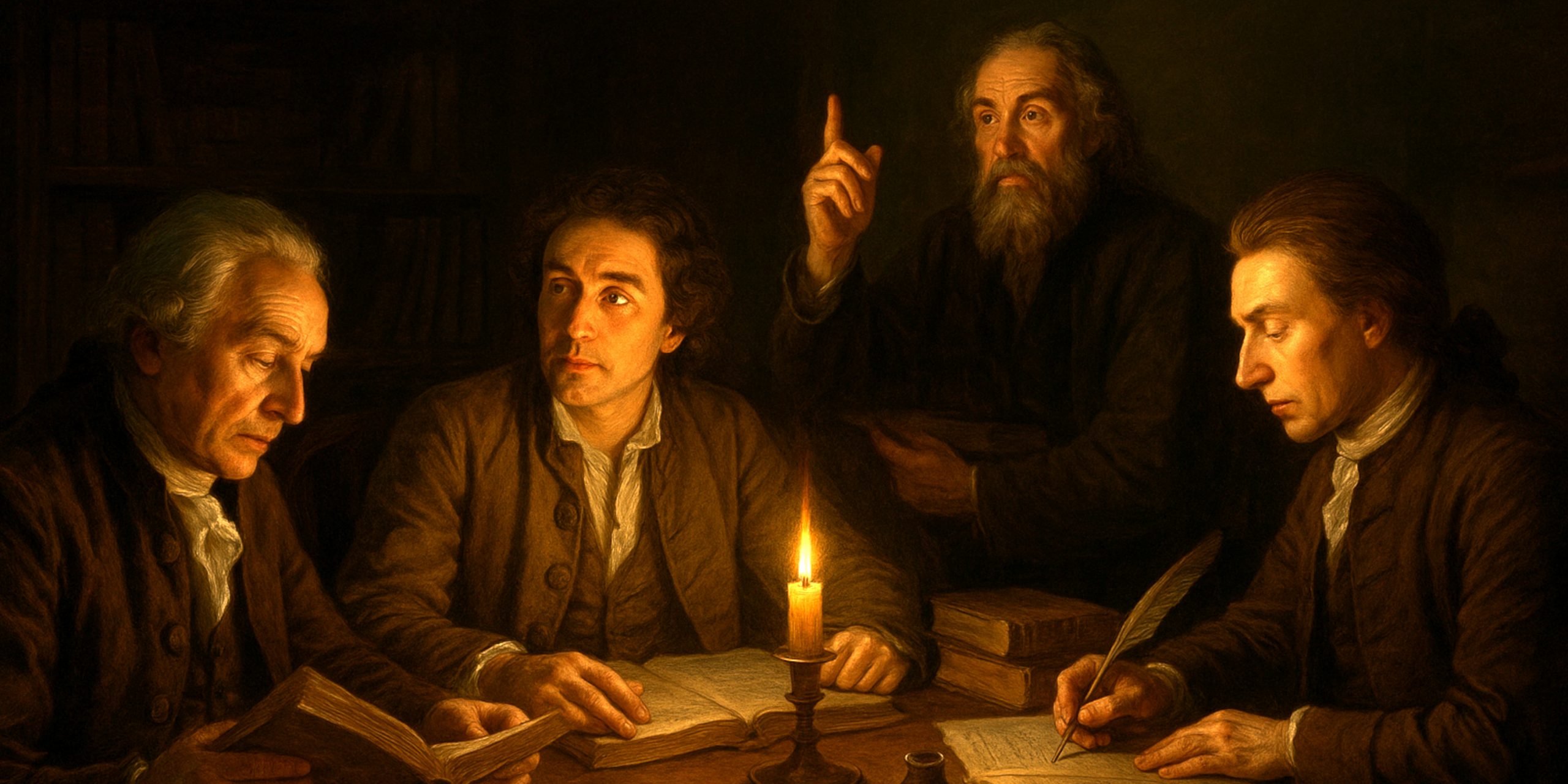
The Enlightenment was not a single moment or manifesto but a movement of ideas that transformed Europe from the late 17th to the early 19th century. Known as the Age of Reason, it sought to replace superstition, inherited authority, and religious dogma with critical thought, science, and the pursuit of human progress. For historians, it marks one of the most decisive intellectual revolutions in human history, challenging the very foundations of monarchy, church, and society.
Origins and Context
The Enlightenment did not arise in isolation. Its roots lay in the Scientific Revolution of the 16th and 17th centuries, when thinkers like Galileo, Newton, and Bacon began to question traditional cosmologies and propose new methods of empirical observation. The turbulence of the Reformation and the rise of early modern nation-states created fertile ground for reflection on authority, freedom, and moral order.
By the time of the late 1600s, Europe was ready for a new way of thinking about humanity’s place in the world. The horrors of religious wars and absolutist regimes drove philosophers to imagine a society built on reason, tolerance, and shared human dignity.
Core Ideas of the Enlightenment
At its heart, the Enlightenment revolved around several key principles that defined modern Western thought:
- Reason over Revelation: Human reason, not divine authority, was the ultimate tool for understanding the universe.
- Empiricism and the Scientific Method: Knowledge had to be grounded in observation and evidence, not dogma.
- Liberty and Natural Rights: Individuals were born with inherent rights that no government or monarch could justly violate.
- Progress and Education: Human society could improve through learning, debate, and reform.
- Secularism and Toleration: Religion should not dominate politics or knowledge, and differing beliefs deserved protection.
These ideas sound familiar because they remain the bedrock of many modern democracies.
Major Figures and Their Contributions
| Thinker | Main Works | Key Contribution |
|---|---|---|
| Voltaire (France) | Candide, Letters on England | Advocated for free speech, religious tolerance, and critique of the Church |
| John Locke (England) | Two Treatises of Government | Developed the theory of natural rights and consent of the governed |
| Jean-Jacques Rousseau (Geneva) | The Social Contract | Proposed that legitimate authority rests on the general will |
| Baron de Montesquieu (France) | The Spirit of the Laws | Outlined separation of powers in government |
| Immanuel Kant (Prussia) | Critique of Pure Reason | Redefined limits of knowledge and autonomy in moral thought |
| Denis Diderot (France) | Encyclopédie | Sought to gather and democratise all human knowledge |
These thinkers did not always agree, but they shared a conviction that human reason could illuminate even the darkest corners of social and political life.
Impact on Politics and Society
The Enlightenment did not remain confined to salons or lecture halls. Its ideas inspired revolutions and reforms across continents. Locke’s theories influenced the American Declaration of Independence, while Rousseau and Montesquieu helped shape the early French Republic. In the arts and sciences, the movement gave rise to a new faith in human creativity and exploration.
It also challenged the traditional roles of monarchy and clergy. Absolute rule was increasingly seen as incompatible with reason and natural law. In time, this intellectual ferment helped to erode feudal hierarchies and set the stage for modern constitutional democracy.
Criticism and Limitations
Despite its achievements, the Enlightenment was far from perfect. Many of its thinkers failed to apply their ideals universally. The same century that produced arguments for liberty also oversaw the height of the transatlantic slave trade and colonial exploitation. Women and non-Europeans were often excluded from the universal rights its philosophers proclaimed.
As a historian, one must acknowledge this contradiction. The Enlightenment’s legacy is both liberating and flawed, a product of its time that nonetheless pointed toward something greater than itself.
Legacy and Modern Relevance
The Enlightenment reshaped how societies think about power, justice, and truth. Its influence endures in modern education, science, democracy, and law. Whenever someone questions authority, demands equality before the law, or insists on the importance of free thought, they are, knowingly or not, echoing its spirit.
Yet, in an age of misinformation and ideological division, the Enlightenment’s call for reasoned debate and evidence-based understanding feels as urgent as ever. It was not a period that solved humanity’s problems, but one that taught us how to ask better questions.
The Seven Swords Takeaway
To understand the Enlightenment is to understand the birth of the modern mind. It was an age that dared to believe that knowledge could free us, that reason could temper power, and that humanity could direct its own destiny. Its thinkers may have been products of their era, but their challenge to ignorance and tyranny remains timeless.
Watch the documentary:

